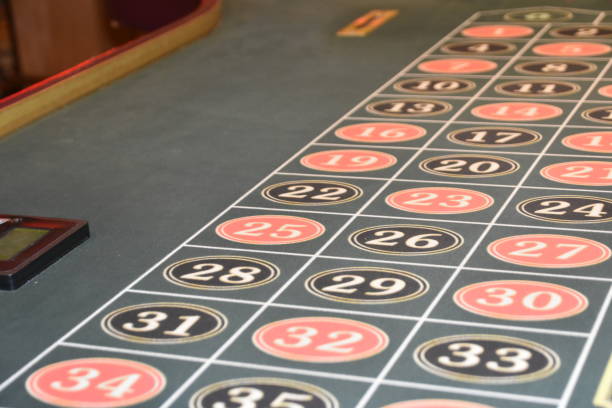Gambling has been a part of human society for centuries, with evidence of wagering found in ancient civilizations dating back to thousands of years ago. From dice games played by the ancient Egyptians to card games enjoyed by the Chinese dynasties, gambling has always held a special place in human culture.
One of the earliest forms of gambling can be traced back to Ancient China, where the game of Keno was popularized during the Han Dynasty around 200 BC. Players would select numbers on a board and place bets on their chosen numbers, with winnings determined by how many matched the drawn numbers. This early form of lottery-style gambling laid the foundation for many modern-day lotteries and scratch-off games.
In Ancient Rome, gambling was a common pastime among both the upper class and lower-class citizens. The Romans enjoyed betting on chariot races, gladiator fights, and even animal fights in amphitheaters across the empire. Dice games were also popular among Roman soldiers, who would pass time during military campaigns by rolling dice and placing bets on outcomes.
As Christianity spread throughout Europe in the Middle Ages, attitudes towards gambling began to shift. The Church viewed gambling as sinful and sought to discourage its practice among believers. However, despite australias top 5 golf courses attempts to suppress gambling activities, people continued to find ways to indulge in their love for wagering.
During the Renaissance period in Europe, card games became increasingly popular among nobility and commoners alike. Games like poker, blackjack, and baccarat gained popularity in casinos across Italy and France. The invention of playing cards allowed for more sophisticated betting strategies and added an element of skill to traditional luck-based games.
By the 18th century, organized gambling houses known as casinos began popping up throughout Europe. These establishments offered patrons a wide range of betting options including roulette wheels, slot machines (known as one-armed bandits), and various card games like poker and blackjack.
In America during the 19th century, frontier towns like Las Vegas became hubs for gambling activity due to lax regulations on wagering practices. Saloons offered poker tables where cowboys could test their luck against each other while enjoying drinks at the bar.
Today’s modern era has seen a resurgence in online gambling platforms that allow players from around the world to participate in virtual casino games without leaving their homes. With advancements in technology such as virtual reality (VR) gaming experiences and cryptocurrency payments accepted at online casinos – it’s easier than ever before for individuals to engage in wagering activities from anywhere with an internet connection.
In conclusion,gambling has evolved significantly over time but remains deeply ingrained within human culture as a form of entertainment that provides thrills,social interaction,and potential financial rewards for those willing take risks.

